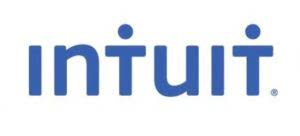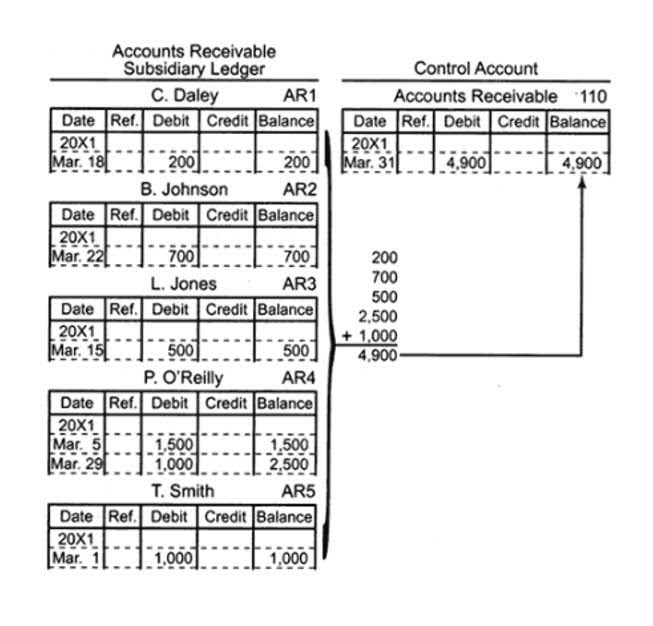What Is an Asset? Definition, Types, and Examples

There balance sheet are numerous reasons why you cannot operate accurately without accounting. Stick around for useful insights, especially if you want to truly understand business accounting for small businesses. The UK Generally Accepted Accounting Principles (UK GAAP) outline specific Accounting standards and principles for businesses operating in the United Kingdom.
Business accounting vs. financial accounting

The Financial Accounting Standards Board (FASB) develops and updates these principles. Standardized principles are important to business accounting, ensuring consistency, comparability, and transparency in financial reporting. These guidelines provide a framework for how financial transactions are recorded, measured, and presented.

Learn more about small business accounting with Coursera

Financial information can be verifiable if it is based on original source documents. Source documents include cash memo, purchase invoices, sales invoices, property transfer papers and written agreements, Oil And Gas Accounting etc. Financial scams and frauds in accounting practices have drawn attention of the users of the accounting information supplied by business enterprises. Even the well-governed multinational companies like Enron and other World companies have not escaped from the fraudulent accounting practices.

What Are Accounting Standards?
The three main types of financial statements are the balance sheet, income statement, and cash flow statement. Accounting is the process of recording financial transactions pertaining to a business or other large organization. The accounting process includes summarizing, analyzing, and reporting these transactions to oversight agencies, regulators, and tax collection entities. The financial statements used in accounting are a concise summary of financial transactions over an accounting period, summarizing a company’s operations, financial position, and cash flows. Business accounting is the systematic process for tracking, analyzing, and reporting a business’s financial transactions.
See How Mysa Makes Business Accounting Simple, Accurate, and Insightful
- This is achieved by boosting revenues while keeping expenses in check.
- Interested parties like owners, creditors, management, employees, customers, government, etc. are interested in accounting information.
- A tangible asset is one you can feel and see, like cash, machinery, buildings, and equipment.
- For example, if you scroll further down the financial statement you can see how much each division contributed to the $61.9 billion generated in the period.
- We offer business formation services that includes a free accounting consultation.
- Organizations are obligated to maintain accurate financial records, prepare financial statements in accordance with accounting standards (such as GAAP or IFRS), and fulfill tax obligations.
From revenue goals to profitability, business expansion, scaling up, and everything in between – your business finances drive most of the bigger decisions related to growth. Your growth plans depend on the stage of your company and the goals you have set as a business owner. While profits may not be much important while building your business in the initial days, your business objectives and plans change with time.
- Tech-savvy business owners or those familiar with accounting principles typically use accounting software.
- Involves investigating financial records to uncover fraud, embezzlement, or other financial misconduct, often used in legal proceedings.
- Essentially, bookkeeping serves as the foundation, while Accounting uses that foundation to provide strategic guidance and ensure financial transparency.
- A non-governmental body called the Financial Accounting Standards Board sets the GAAP.
- Under this system, in every transaction an account is debited and other account is credited.
- Bookkeeping records individual transactions while accountants report on the bigger financial picture.
- You cannot escape the effects of accounting information on your personal and professional life.
You can hire a bookkeeper, use automated accounting software, or do it yourself. Accounting involves recording, classifying, reporting, and summarizing financial transactions. The goal of small business accounting is to provide financial information about the business to its stakeholders and regulators and for tax purposes.
- However, it’s still important to understand basic accounting principles to know what’s happening behind the scenes.
- CPAs often work in public accounting firms or as independent consultants.
- Banks, institutions, Angel Investors, Venture Capitalists, and all other entities that invest in businesses, expect accounting records evaluated and verified by a Certified Public Accountant (CPA).
- This separation ensures that the financial position and performance of the business can be accurately assessed without confusion with personal finances of the owners.
- Gross margin is the difference between the selling price of your product or service and the cost of goods sold.
This rule applies to expenses and income such as salaries, sales, purchases and commissions. The golden rules help people to understand how debits and credits are applied to the three types of accounts. The “Golden Rules of Accounting” are also referred to as the “3 Golden Rules of Accounting”. They relate specifically to business accounting definition the types of accounts listed above, and how transactions in these accounts are debited and credited. Indirect transactions, such as staff owed wages paid through another company. For years, there has been a push to move the United States to follow IFRS, as IFRS is generally considered to be a better system than GAAP.
Why is accounting important, and do I need an accountant?
The process begins with identifying all financial transactions within a specific period, such as sales, purchases, payments received, and debts incurred. An accountant is a professional with a bachelor’s degree who provides financial advice, tax planning and bookkeeping services. They perform various business functions such as the preparation of financial reports, payroll and cash management.


Tuliskan Komentar